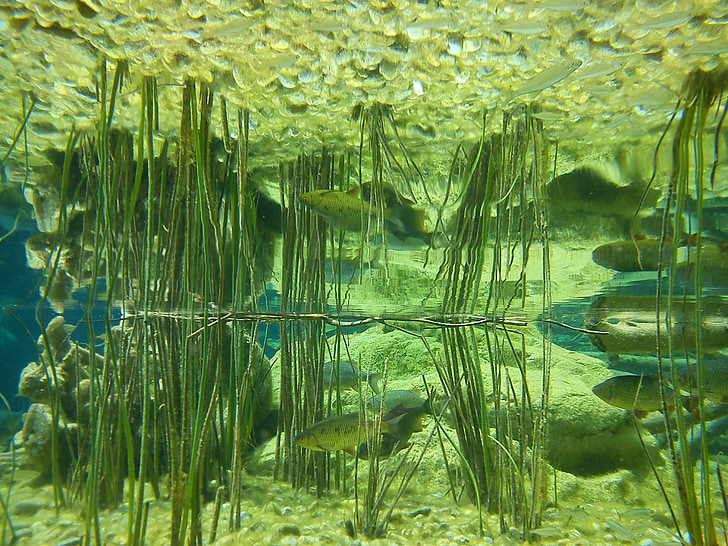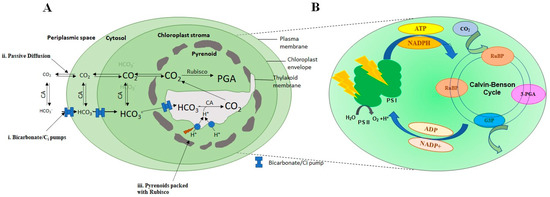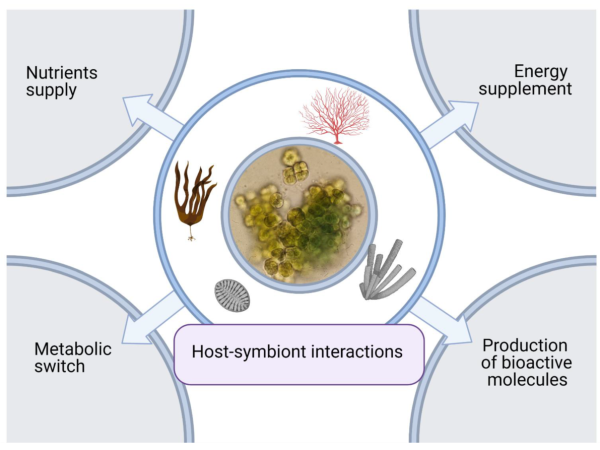Table of Contents
![]()
Introduction
Green algae, a diverse group of photosynthetic organisms, play a vital role in aquatic ecosystems, spanning from freshwater to marine environments. Understanding their adaptability and ecological significance is essential for appreciating the intricate balance of life in these habitats. In this article, we will delve into the classification, adaptations, and ecological roles of green algae as they transition from freshwater to marine habitats.
Classification and Diversity of Green Algae
Green algae belong to the phylum Chlorophyta, encompassing a wide array of species with varying characteristics. These organisms exhibit considerable morphological diversity, from unicellular forms like Chlamydomonas to multicellular varieties like Ulva and Spirogyra.
Adaptations to Freshwater Habitats
Freshwater habitats present a distinct set of challenges and opportunities for green algae. These environments include ponds, lakes, rivers, and even damp terrestrial surfaces. To thrive in freshwater, green algae have evolved unique adaptations, such as specialized cell structures for buoyancy and mechanisms to regulate water and nutrient uptake.
One noteworthy adaptation is the development of specialized reproductive structures, including spore-like structures called akinetes, which help green algae survive unfavorable conditions in freshwater ecosystems.
Transition to Marine Habitats
The transition from freshwater to marine habitats is marked by significant changes in environmental conditions. Marine environments pose challenges such as high salinity, intense wave action, and competition with other marine species. Green algae have undergone evolutionary changes to adapt to these conditions, including shifts in their pigment composition and the development of holdfast structures for attachment to rocky substrates.
Some key marine green algae species include the iconic giant kelp (Macrocystis pyrifera) and the calcifying green algae (Halimeda spp.), both of which play crucial roles in marine ecosystems.
Ecological Roles in Marine Ecosystems
Green algae in marine ecosystems contribute significantly to the food web. They are primary producers, using photosynthesis to convert sunlight into organic matter, which forms the base of marine food chains. Additionally, green algae often engage in symbiotic relationships with other marine organisms, providing shelter and nutrients to various marine species.
In coral reef ecosystems, certain green algae, such as zooxanthellae, live in a mutualistic partnership with coral polyps, aiding in coral growth and providing color to the reefs.
Human Impact and Conservation
Unfortunately, both freshwater and marine green algae habitats are facing threats from human activities. Pollution, habitat destruction, and climate change pose significant risks to these vital ecosystems. Conservation efforts are underway to protect green algae and their habitats, recognizing their importance in maintaining the health and biodiversity of aquatic ecosystems.
Promoting sustainable practices, such as reducing nutrient runoff and protecting natural habitats, is crucial for the preservation of green algae and the countless species that depend on them.
Future Research and Implications
The study of green algae continues to yield valuable insights into their adaptations and ecological roles. Ongoing research explores the potential applications of green algae in fields like biofuel production, bioremediation, and pharmaceuticals. Additionally, understanding the effects of climate change on green algae populations is critical for predicting and mitigating future ecological disruptions.
Conclusion
Green algae’s journey from freshwater to marine habitats is a testament to their adaptability and ecological significance. These organisms, with their diverse adaptations and roles, play a crucial part in sustaining aquatic ecosystems. As we navigate the challenges of the modern world, it is essential to recognize the importance of green algae and take action to conserve their habitats and the biodiversity they support.


